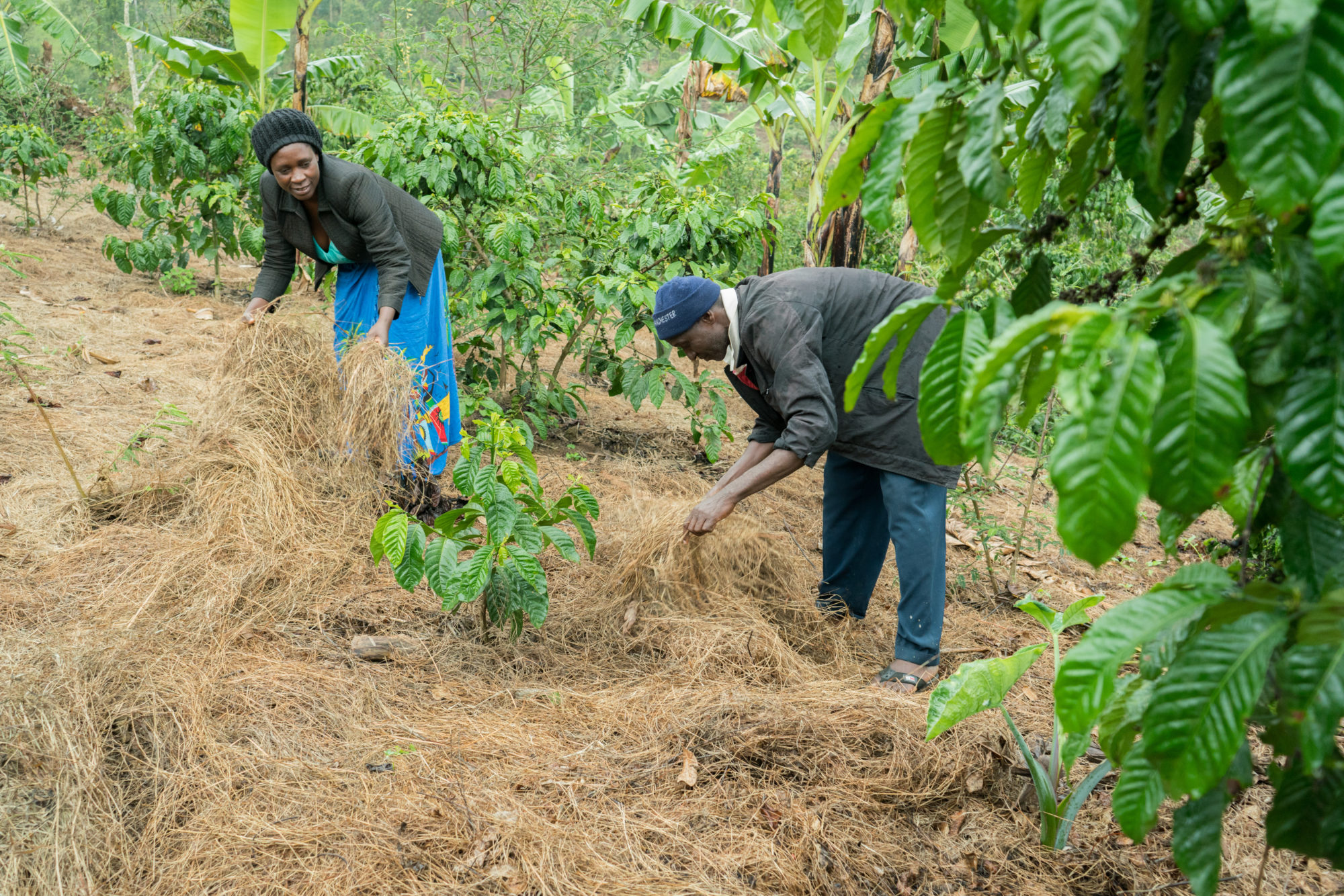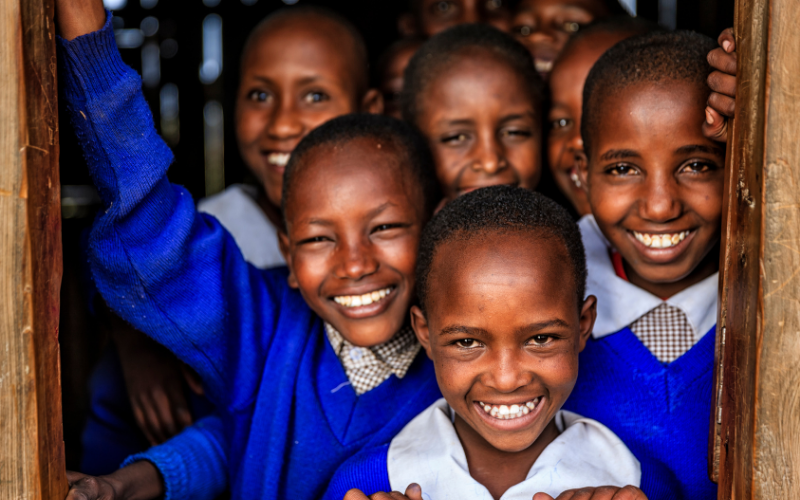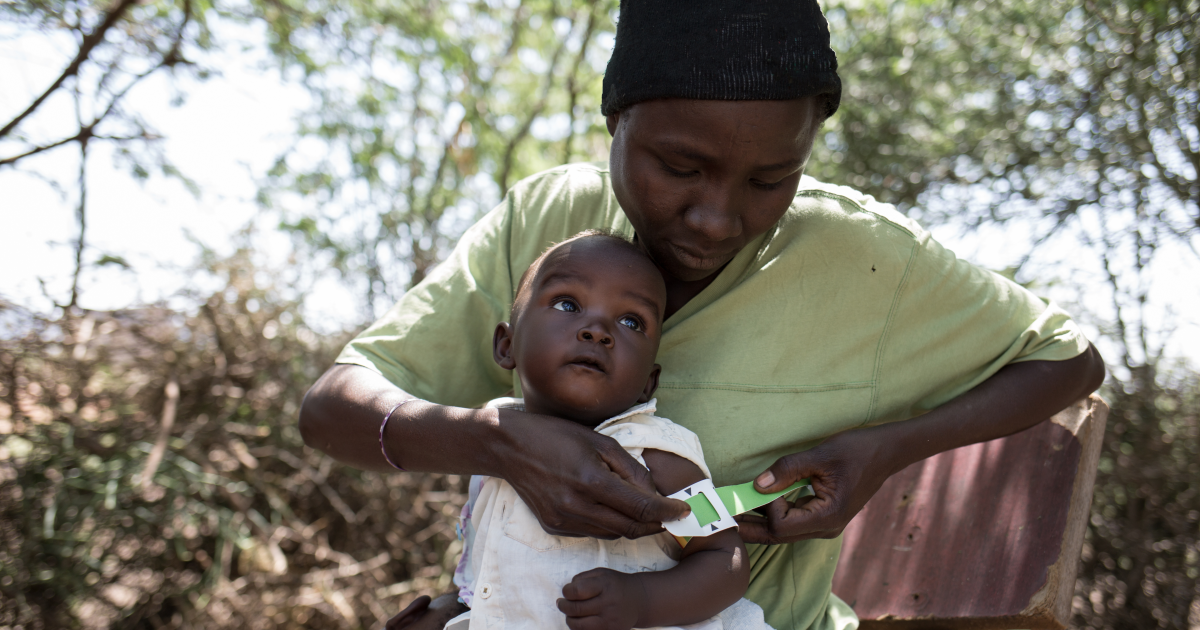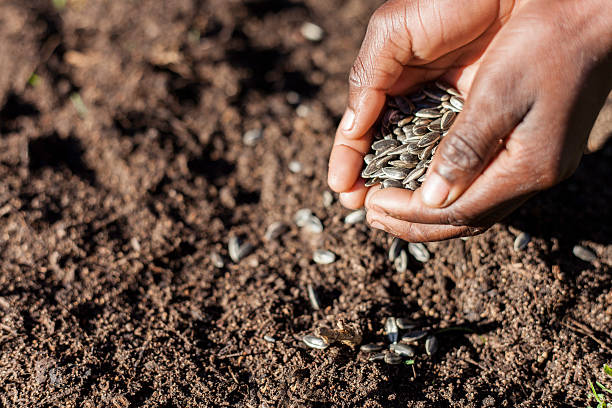
The Evergreen Project, Kenya (EPK)
Kenya has a forest cover of 7% and the government has committed to raising this to 10% in the coming 10 years. Kenya has lost a lot of forest area mainly due to conversion to agricultural activities and other uses, charcoal production, poor forestry management, forest fires and unplanned grazing. Loss of forest cover is particularly severe in the Arid and Semi-Arid Lands, which comprises over 80% of Kenya. By increasing the forest cover, the currently deteriorating ecosystem health in most areas can be reversed, counteracting the negative impact of deforestation on the soil and climate, as well as mitigating the impact of global climate change. But reforestation will only be successful if reforestation brings tangible benefits to local communities, that are often seeing no alternative to charcoal production, illegal logging, poaching and free-range grazing. As most of Kenya is not suitable for traditional agricultural production: due to a lack of rainfall the rain-fed production of traditional staple crops mostly fails in the dryer areas of Kenya. Kenya aims to increase forest cover from 7% to 10% in 10 years, combating deforestation due to agriculture, charcoal production, and poor management. Blooming World International pioneer’s agroforestry in Kenya, addressing ecological and financial goals through rainwater harvesting, diverse revenue streams, and ecosystem restoration. Scaling up the project promises to sell carbon and biodiversity credits, supporting communities in sustainable income generation and forest conservations
The Project
The project run by Blooming World International in Kenya, located in Kiambu, Kisii, Bungoma , Kisumu , Embu, Meru and Tharaka Nithi counties , has helped more than 2,000 smallholder farmers adapt to climate change by transitioning their degraded crop landscapes to agroforestry with the planting of diverse shade, fruit bearing, and medicinal tree species. The species planted under this project’s agroforestry design provide a marketable and nutritious source of food, combat soil erosion, enhance crop yield and increase overall farm productivity. The Evergreen Project aims to support more than 5 thousand Smallholder farmers across both Kiambu, Embu, Meru and Tharaka Nithi with this transition to agroforestry to overcome the challenges they face in terms of poverty, low productivity, high farm input costs, and lack of access to food, education and healthcare.
Project’s aims and objectives
BLWI are implementing the Acorn project to overcome the challenges faced by the farmers in the project area, including changes in the climate and weather patterns, low productivity, limited access to resources, poor financial security, and a lack of market for produce. This project will equip farmers with the necessary knowledge and resources to transition to agroforestry, which will provide longterm benefits for both farmer livelihood and the environment.
Impact to the farmer livelihood and environment
- Diversified and increased income
- Increased productivity
- Improved soil structure and fertility
- Increased access to nutritious food, medicine and education
- Resilience to climate change
500+
People Impacted
5
Communities Served
100%
Sustainable
Related Projects
Discover other initiatives making a difference in communities around the world

NIKUZE Smart Start _ Kenya Project
We are building, with Women, For Women! Kenya is currently grappling with inadequate childcare and rising burden of malnutrition, especially …
Learn More
BWI Nutrition Mapping and Integration Project
Blooming World International (BWI) is proud to participate in the BWI Nutrition Mapping and Integration Project, a transformative initiative aimed at …
Learn More
The Seeds of Change Initiative (SOCI)
Locally produced and traditionally processed foods, rooted in indigenous knowledge, are vital for strengthening food and nutrition security in Africa. …
Learn More